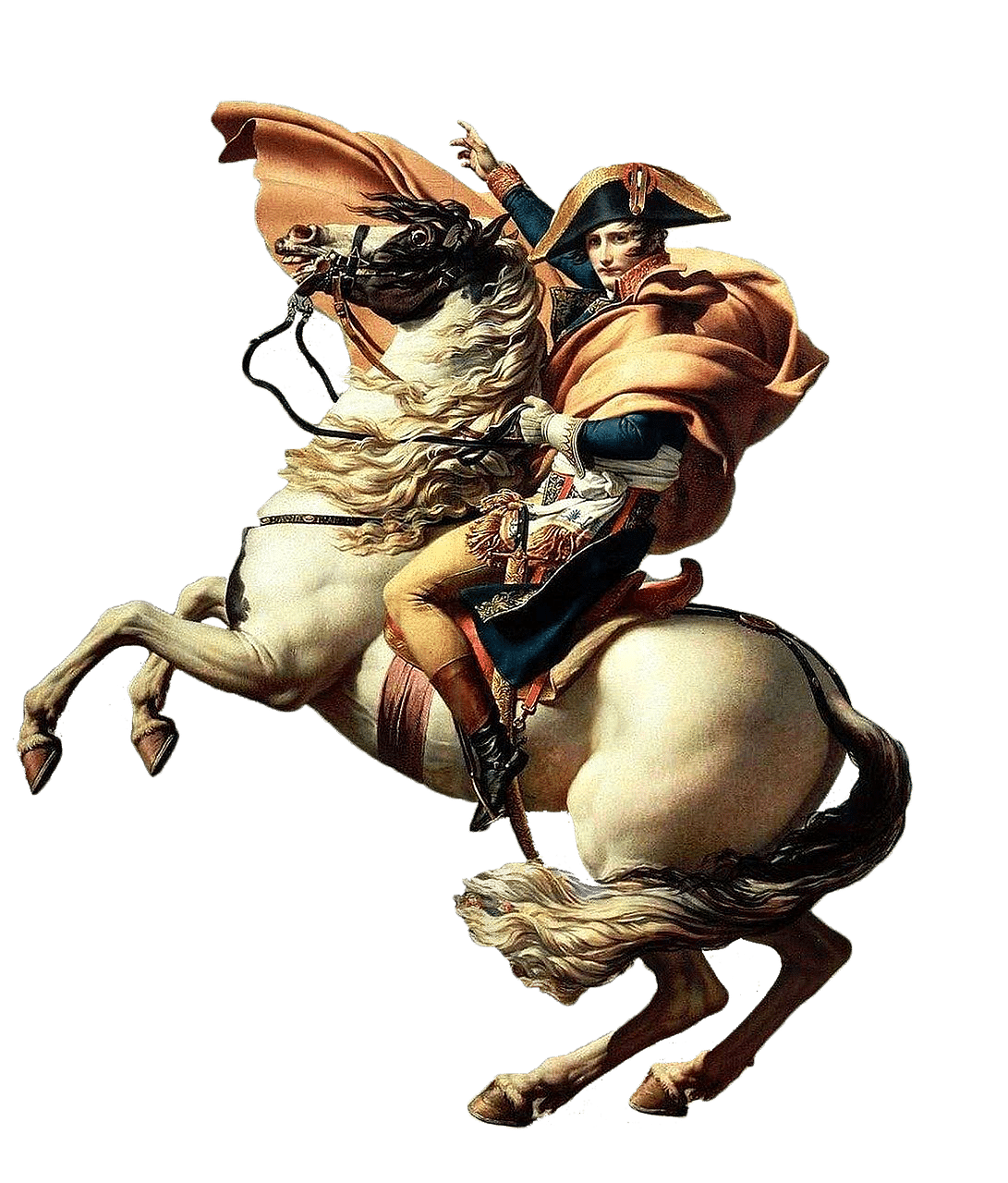
Napoleon Bonaparte was consul for life.
Lifetime is an adjective that refers to something that lasts from the moment it is obtained until the end of life . It may be a position, a membership or an income, among other issues.
For example: “Augusto Pinochet sought impunity through his swearing in as a life senator of Chile” , “My father is a life member of the club and can enter for free to watch the games” , “The president of the corporation agreed to distance himself from the management but in exchange he agreed to a life annuity .”
Lifetime positions
The figure of senator for life was created as a prerogative for the former presidents of a republic . This means that, after leaving office, they take office as senators without there being an election or a period scheduled for the end of their mandate. This position, however, was eliminated from most constitutions .
Some historical figures, on the other hand, appealed to the office of president for life . This title was assumed by dictators who tried to eliminate any type of time limit on their mandates. Other similar positions were also created, such as consul for life ( Napoleon Bonaparte ).
The first president who sought, through returning his title for life, so that his authority would never be disputed, was Julius Caesar himself, at the time of the Roman Republic . It was the year 45 BC. C. when the mythical dictator proclaimed himself perpetual. It is worth mentioning that originally, this position could be held for a maximum period of half a year.
Several centuries later, the French leader Napoleon Bonaparte followed in his footsteps to become the first consul for life, specifically in 1802 . From that moment on, there were many dictators who imitated these initiatives; Some made the decision to satisfy their desire for power , while others were appointed by their subjects, by legislators who did not contemplate the possibility of refusing the will of their superiors.

A president for life remains in power without the citizens being able to elect a replacement.
Historical examples
It is worth mentioning that a large number of the leaders who acceded to the position of president for life did not finish their terms with their lives, since in some cases they were dethroned or murdered. Some examples of "happy endings" were Josip Broz Tito , Francisco Franco , François Duvalier , Rafael Carrera y Turcios , José Gaspar Rodríguez de Francia and Saparmyrat Nyýazow . On the other hand, it is known that Mobutu Sese Seko failed in his attempt to perpetuate his position as president of the State of Zaire in the early 1970s .
Other figures have enjoyed very long terms, such as Fidel Castro and Kim Il-sung , presidents of Cuba and North Korea , respectively, and are often cited as exponents of lifetime presidency. In the case of Il-sung , the influence he exerted on his people appears to be enormous: after his death, the government named him eternal president and removed the position of president from the North Korean constitution. Since there can be no successor, given that Kim Il-sung will reign forever from the afterlife, his powers have been nominally and effectively divided between the chairmen of the Supreme People's Assembly , the prime minister, and the National Defense Commission. .
These political positions are developed with the intention of perpetuating the exercise of power and threaten the freedom of the people. Most democracies include laws that require the alternation of rulers, to prevent a person or a social sector from perpetuating themselves in power and using the state apparatus for their own benefit.
Another use of the term lifetime
In everyday language, the adjective for life is also used to name someone or something that seems to perpetuate itself in the same situation , even in a mocking tone or with little seriousness.
“My son failed again: I think he is a lifelong student”y"I am a lifelong lover"son frases que evidencian este uso.
